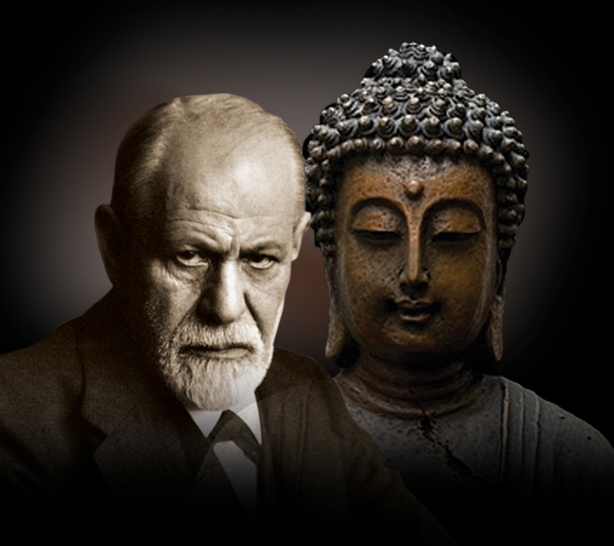The ego is a concept used in psychology to describe an individual’s sense of self or identity. It serves as the conscious perception of oneself and their interactions with the surrounding environment. Sigmund Freud’s psychoanalytic theory outlines the ego as one of three components that comprise the human personality, alongside the id, which represents primal and instinctual drives, and the superego, which reflects internalized moral and ethical values. The ego functions as a mediator between the id and the external world, responsible for reconciling an individual’s desires with the demands of reality.
The ego also contributes to the development of an individual’s self-esteem and self-worth, and is shaped by their experiences, beliefs, and values. It plays a critical role in maintaining a coherent sense of self and navigating the complexities of life by adapting to new situations and finding solutions to problems.
The role of the ego in a functioning psyche has been a topic of discussion among psychologists, with two prominent perspectives presented by Sigmund Freud and the Buddha. While Freud believes that the ego serves as a necessary mediator between our primitive impulses and the demands of the external world, the Buddha posits that attachment to the ego, and the idea of a separate self is the root cause of suffering.
In light of these perspectives, it is important to recognize that the ego has the potential to both positively and negatively impact our mental health. A balanced approach involves embracing a healthy ego while also recognizing the impermanence of the self and letting go of the ego’s attachment to our desires and fears. This way, we can achieve a state of mental wellness and balance.
In relation to existential anxiety, the struggle to find meaning and purpose in life can be overwhelming, and the ego may provide a necessary sense of structure and stability to cope with this anxiety. However, an overly dominant ego can also lead to a preoccupation with oneself and a lack of connection with others and the world at large. The Buddha’s perspective highlights the importance of letting go of the ego’s attachment to our desires and fears, which can ultimately lead to a greater sense of connectedness and purpose in life.
Therefore, a balanced approach to the role of the ego in a functioning psyche is crucial for managing existential anxiety and achieving mental wellness. It involves embracing a healthy ego while also recognizing its limitations and letting go of its attachment to our sense of self. By doing so, we can find a sense of balance and fulfillment in our lives.

